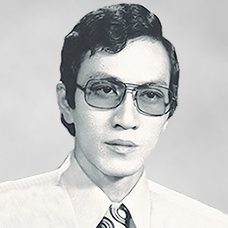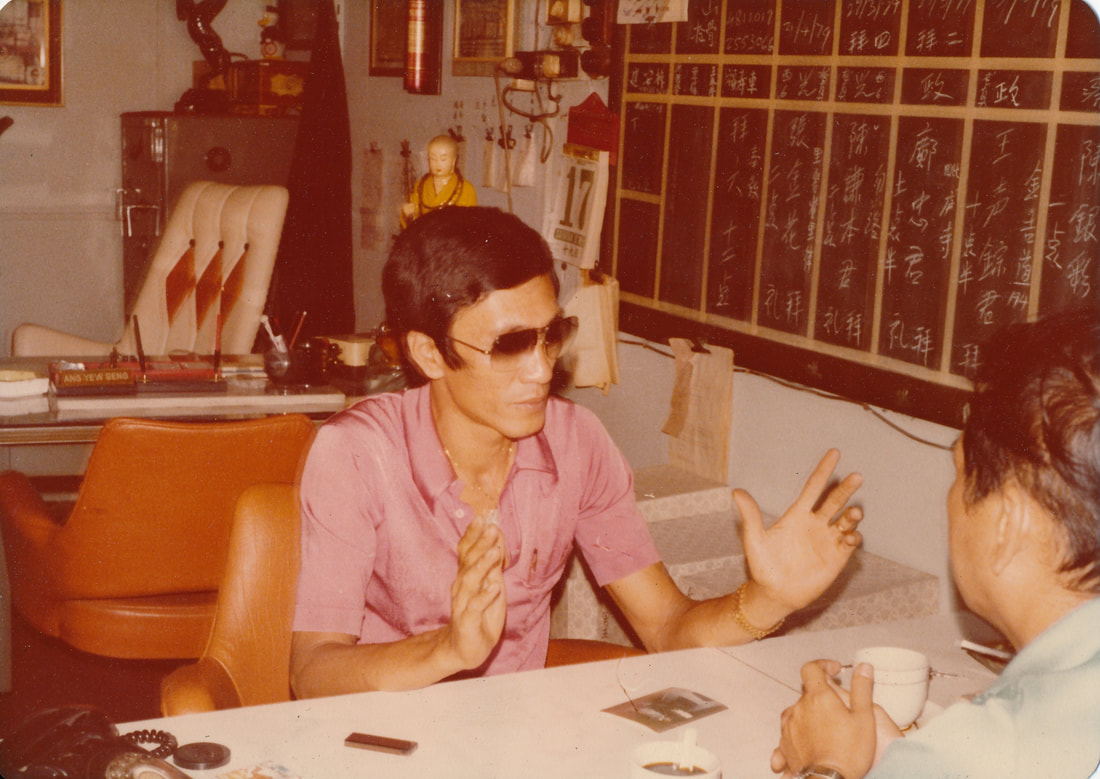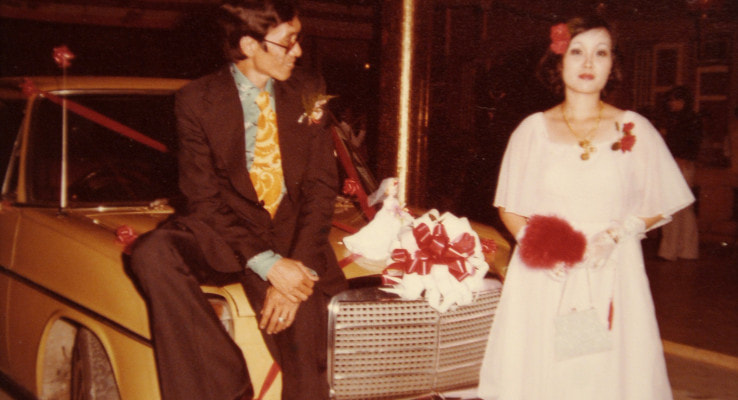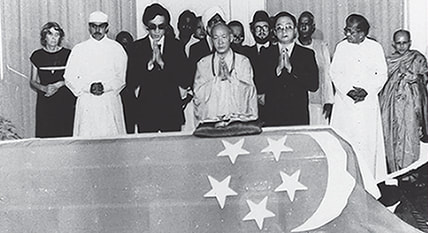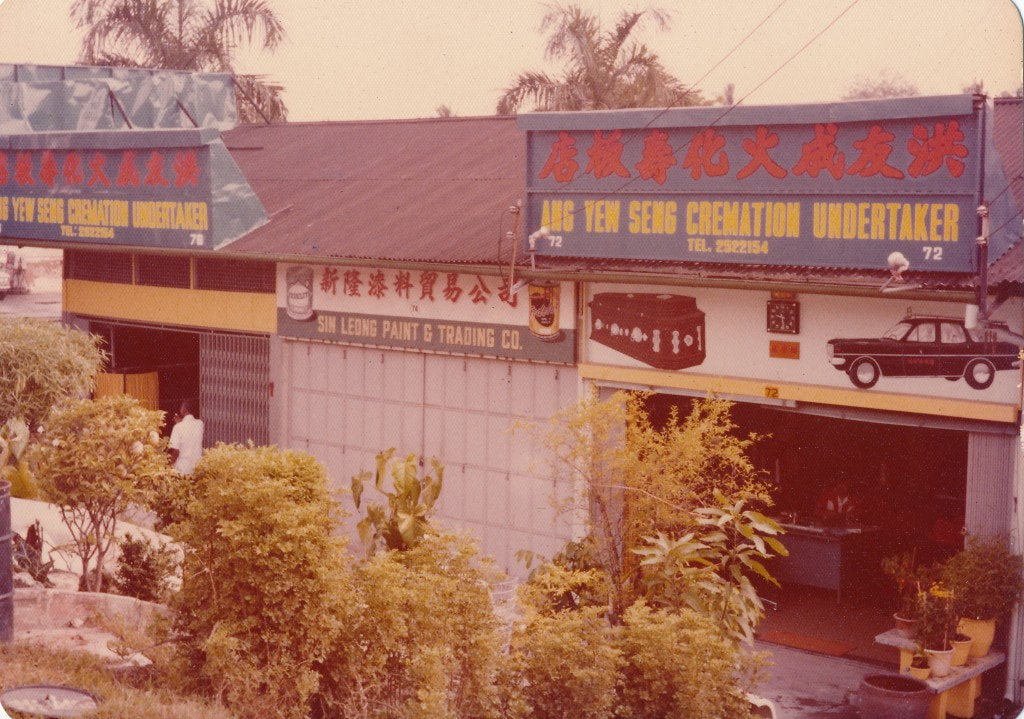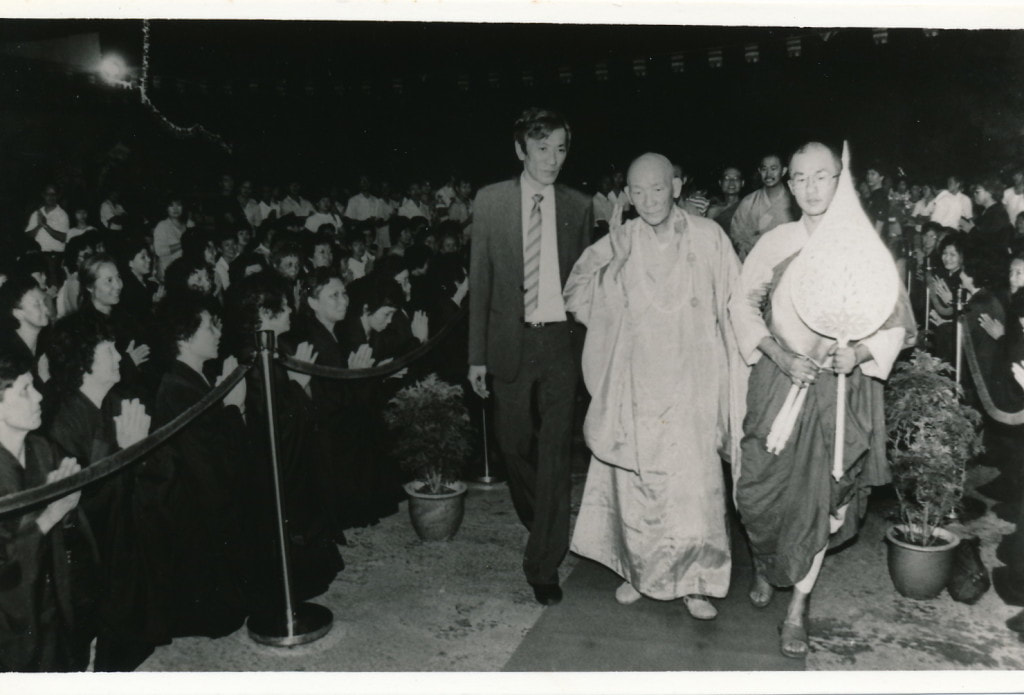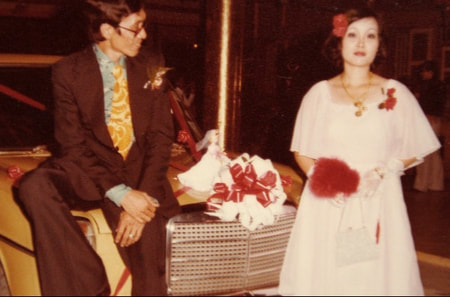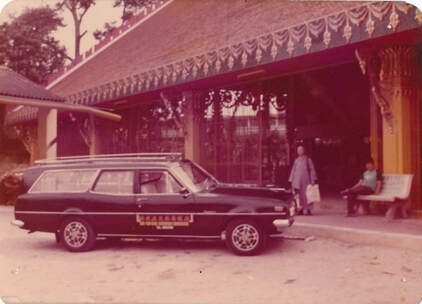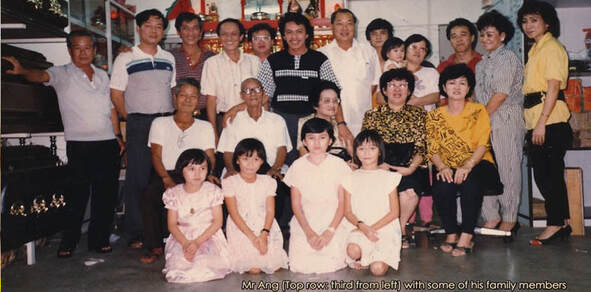|
The name “Ang Yew Seng” is synonymous with the history and evolution of Singapore’s funeral landscape. Being one of the pioneers in the industry, it is also the funeral services brand name known to both young and old in Singapore.
|
|
Born in 1940 and second eldest among 10 children, Mr Ang Yew Seng stopped schooling and started working odd jobs at a tender age of 12 years in order to help contribute to the family income. After which, he began his apprenticeship in his family’s traditional coffin-making business from his granduncle.
Having learnt the art and tradition of casket making, he went on to found Ang Yew Seng Cremation Undertaker in 1973 to provide bereavement services at Thomson Road. In 1982, the business was renamed “Ang Yew Seng Funeral Parlour” and relocated to 38 Sin Ming Road, where it still is today. Ang brought about numerous changes and contributed to the development of the funeral industry in Singapore. |
|
In 1972, the state announced a policy that stated a reduction in supply of burial land near city areas to conserve land space. As such, the industry had to shift towards cremations to replace burials.
Ang saw the need to replace the traditional thick wood caskets that took six hours to burn during cremation to the usage of lighter western style coffins that took only one to two hours to burn. In order to overcome the Buddhist devotees’ initial reluctance to accept the ‘new western style’ coffins in place of the traditional ones, Ang designed the western coffins with Asian and Buddhist motifs and Chinese characters, which led to their gradual acceptance. Their acceptance helped Ang penetrate into the Buddhist community. Today, these coffins remain widely used. |
|
Ang was not only renowned in the funeral business but was also better known as the “Coffin Samaritan” because of his empathy towards those in need. On countless occasions throughout his life, he donated free coffins and funeral services to those deceased without a next-of-kin, to the families who could not afford their departed’s funeral expenses, to migrant workers who’d died in Singapore without relatives, and to charitable cases brought to him by the Buddhist associations and temples.
A devout Buddhist, Ang worked closely with Venerable Hong Chuan of Kong Meng San Phor Kark See Monastery (also known as the Bright Hill Pujue Ch’an Monastery) and several other renowned abbots like Venerable Yan Pei, Venerable Kuang Qia and Venerable Chang Kai. He was also the funeral provider for the four abbots at their end. |
In 1977, Ang at 37 years married 23-year old Ms Ching Mee Choon. Mee Choon needed to walk pass Ang Yew Seng Cremation Undertaker at Thomson Road in order to take the bus to school. She caught Ang’s eye – who took a while to muster his courage to chat with her. They have three daughters and, the youngest, a son who was born when Ang was 55 years old.
As Ang was illiterate, Mee Choon helped as his translator for letters and for the children. She helped bridge the communication gap by translating Ang’s Hokkien into Mandarin for the children. Mee Choon later became Ang’s business assistant.
As Ang was illiterate, Mee Choon helped as his translator for letters and for the children. She helped bridge the communication gap by translating Ang’s Hokkien into Mandarin for the children. Mee Choon later became Ang’s business assistant.
|
Although a man of few words, Ang’s love for his wife reflected in everyday things. Once, he quickly gave away his 15 beloved hamsters when Mee Choon had an asthma attack and had to be hospitalised. In the last two months of his life, he craved Mee Choon’s home-made jelly. With great devotion and love, she made jelly for him everyday to ease his pain. Their unspoken romance spoke volumes through their actions.
As with most fathers of his generation, Ang was strict and serious. Yet, he was a doting father. An avid foodie who hunted for good food, he brought his family to his favourite eateries for Pomfret fish steamboat, chilli or black pepper crab etc, and at times packed supper home for his family. Ang’s generous nature even extended to the old chefs that he had met at these eateries. In appreciation for their culinary skills, Ang gave them a $12 red packet “hong bao” each whenever he was at their stall. Ang died at the age of 64 years of renal failure. |

